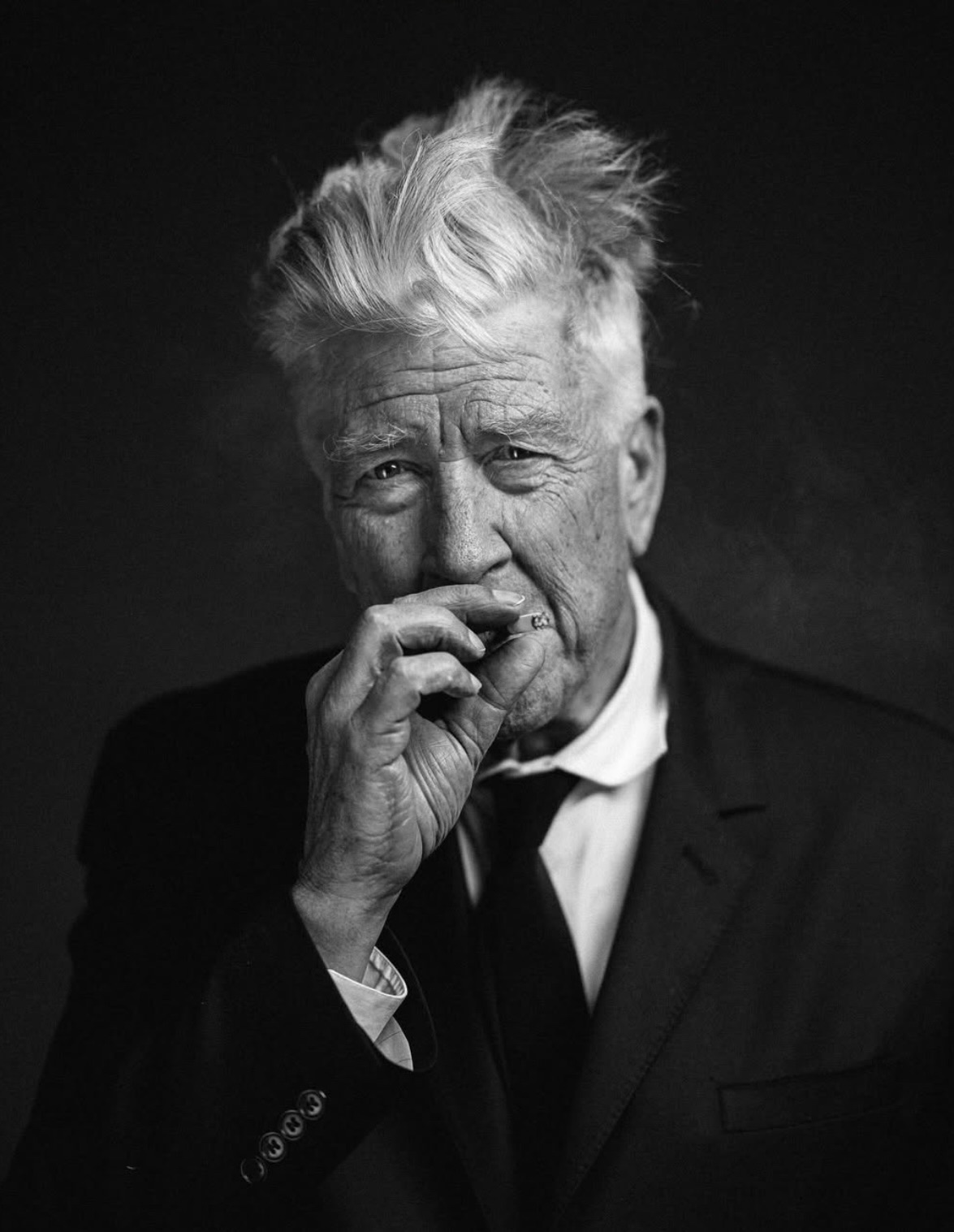
Photo credits: IMDb. David Lynch.
Secrets of Success, Love, and Life: The Legacy of the World’s Visionaries. A recurring Monaco Voice column exploring the lives, achievements, and philosophies of the world’s most influential visionaries, uncovering the secrets behind their success and enduring legacies curated by actress Vladyslava Garkusha.
In the realm of cinematic visionaries, few have left as indelible a mark as David Lynch, the American filmmaker, artist, and musician whose surrealist lens reshaped how we perceive the world. Born on January 20, 1946, in Missoula, Montana, Lynch passed away on January 16, 2025, at the age of 78, leaving behind a legacy that continues to inspire, unsettle, and captivate. His work—spanning films like Eraserhead, Blue Velvet, Mulholland Drive, and the groundbreaking television series Twin Peaks—earned him the title of “the great American surrealist,” as critic Peter Bradshaw described him.
The Secret of Success: Intuition and Fearless Creativity
Lynch’s path to becoming a cinematic icon began not with film but with painting. Trained at the Pennsylvania Academy of the Fine Arts, he transitioned to filmmaking with his 1977 debut, Eraserhead, a low-budget body horror film that became a cult classic. This early work showcased his hallmark: a fearless embrace of the strange and subconscious. As Lynch wrote in his 2006 book Catching the Big Fish: Meditation, Consciousness, and Creativity, “Intuition is the key to everything, in painting, filmmaking, business—everything. I think you could have an intellectual ability, but if you can sharpen your intuition, which they say is emotion and intellect joining together, then a knowingness occurs.” This reliance on intuition, rather than conventional storytelling, defined his success.
Lynch’s films defy categorization, blending horror, mystery, and surrealism to evoke visceral emotions. His 1986 neo-noir Blue Velvet juxtaposed suburban innocence with a dark underbelly, earning him an Academy Award nomination for Best Director. Mulholland Drive (2001), originally a rejected TV pilot, became a critically acclaimed film, winning him the Prix de la mise en scène at Cannes. His resilience in transforming setbacks—like the commercial failure of Dune (1984)—into opportunities for reinvention underscores his creative audacity.
Collaboration was central to Lynch’s process. He worked closely with composer Angelo Badalamenti, whose haunting scores shaped Twin Peaks and Blue Velvet, and actors like Kyle MacLachlan, Laura Dern, and Naomi Watts. MacLachlan, who starred in Blue Velvet and Twin Peaks, described Lynch’s directing style: “He’d give me direction like ‘more wind’ or ‘think Elvis.’ Other times, we’d just both look out into the distance and somehow—commune in that quiet space.” This intuitive synergy brought Lynch’s visions to life.

Photo credits: Sergei Sarakharov Instagram.
Love and Life: A Balance of Light and Dark
Despite the darkness in his films, Lynch’s personal life was marked by a disarming normalcy. Known for his 1950s style—lavish hair, nondescript clothes, and a love for cigarettes and coffee—he embodied an all-American persona, proudly calling himself an “Eagle Scout, Missoula, Montana.” This contrasted with the nightmarish worlds he created, reflecting his belief in the coexistence of beauty and horror, as seen in Blue Velvet’s iconic image of a robin with a bug in its beak. The film’s line, spoken by Laura Dern’s character, “It’s a strange world, isn’t it?” captures this duality, a sentiment that resonates with Lynch’s own worldview.
Lynch’s personal relationships were complex. He married four times: to Peggy Reavey (1968–1974), with whom he had daughter Jennifer Lynch, a filmmaker; to Mary Fisk (1977–1987), with son Austin Jack Lynch; to editor Mary Sweeney, with son Riley Sweeney Lynch; and to actress Emily Stofle (2009–2024), with daughter Lula Boginia Lynch. His relationship with actress Isabella Rossellini coincided with Blue Velvet.
Lynch found joy in the mundane—Big Boy’s chocolate milkshakes, coffee, and daily weather reports shared online, often with phrases like “Golden sunshine all along the way”. Yet, he confronted life’s darker truths with caution. Diagnosed with emphysema in 2020, likely from smoking, he used his experience to warn others, reflecting the honesty that permeated his art.
The Legacy: A Vision That Endures
Lynch’s legacy is encapsulated in the term “Lynchian,” describing his blend of the banal and surreal. His influence spans filmmakers, artists, and even video games, like Life Is Strange, which nods to Twin Peaks through its character Rachel Amber. Twin Peaks (1990–1991, 2017) revolutionized television, with its third season, The Return, described by Brody as an “eighteen-hour movie” that shattered TV conventions. Lynch’s accolades include the Golden Lion for Lifetime Achievement at Venice (2006), an Academy Honorary Award (2019), and the Palme d’Or for Wild at Heart (1990).
Lynch’s success stemmed from his unapologetic authenticity, trusting intuition to navigate uncharted creative terrain. In love and life, he balanced light and dark, finding beauty in both.

